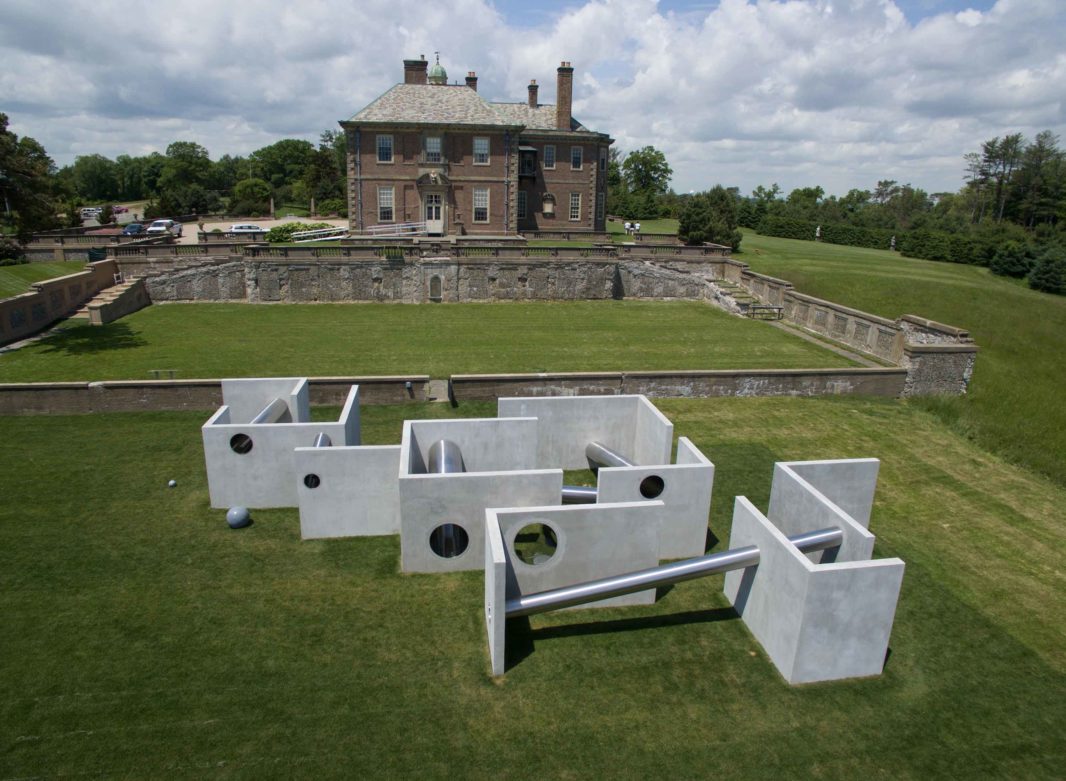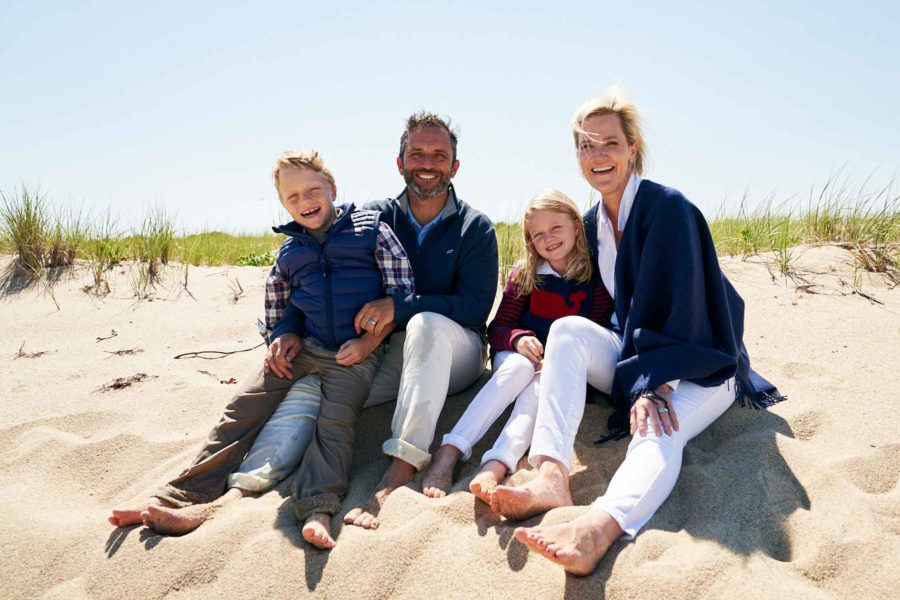Each time you stroll through the Back Bay Fens or Arnold Arboretum, you can thank Frederick Law Olmsted for creating the Emerald Necklace and many other beautiful permanent green spaces in the middle of Boston.
Similarly, if you’ve basked in the sun at Crane Beach or toured Castle Hill at the Crane Estate in Ipswich, you can thank Charles Eliot.
Wait, who? Charles Eliot? Never heard of him.
You’re not alone. As a protégé of Olmsted, Eliot was an American landscape architect who founded The Trustees of Reservations in 1891 to preserve natural and cultural public spaces across Massachusetts. Unlike Olmsted, few people identify Eliot’s name — or that of The Trustees — with the 25,000 acres featuring 117 scenic, agricultural, or cultural public places owned and managed by The Trustees.
From Stockbridge to Martha’s Vineyard, today The Trustees’ properties include working farms, ecologically vital and vulnerable coastline and forest, and iconic cultural and historic sites — even 15 acres featuring 55 community gardens in Boston. “We’re the largest public landowner in Massachusetts,” says Barbara Erickson, the fourth — and only female — president and CEO in The Trustees history.
Erickson is avidly working to get The Trustees’ name out to the masses.

Credit: Peter Vanderwarker
Castle Hill on the Crane Estate with artist Alicja Kwade’s TunnelTeller installation.
“The Trustees have evolved our properties and our programs to get people to engage with us in new and relevant ways,” says Erickson. “Life can be so chaotic today. We want to provide opportunities to enjoy the natural beauty, culture and history of our state, in ways that are authentic and meaningful to people.”
Erickson’s leadership is notable in a sector that tends to be predominantly male; her executive team is 80 percent female. “As women, I think we bring a modern lens to The Trustees’ mission of preserving irreplaceable land holdings for the next generation, and creating the next generation of environmentalists.”
Sounds like something a mother would say, which comes as no surprise. Erickson is a wife and mother raising two young children.
Since joining The Trustees in May 2012, Erickson has worked with its Board to significantly increase assets and revenues. Programs have quadrupled, from 900 to 5,000 annually — with fun new offerings like guided moonlit walks, craft-beer garden events, winter-garden LED light displays, and historic house tours that let you become an in-character guest to the property. Membership has grown to 140,000, and annual visitation to properties, which can be visited for free or a low admission fee, has doubled to 2 million. “So many of our programs are now focused on attracting new people and more diverse groups of people to engage with our properties,” says Erickson. “For instance our Art in the Landscape programs have been wildly successful getting people who might not be interested in visiting a traditional museum to experience art outside, in nature.” In the works is a $15 million campaign to acquire the deCordova Museum in Lincoln, a large outdoor sculpture park and museum that attracts 80,000 visitors annually.
Among public-engagement goals already achieved as part of The Trustees’ 2023 five-year Strategic Plan are: an app to navigate properties and programs; family-friendly teaching kitchens at farm properties and at The KITCHEN at The Boston Public Market, a space managed by the Trustees; expanded drop-off summer-camp programs for younger children and summer employment opportunities for teens; and improved universal access, rest rooms, and food service to encourage visitors.

Credit: Tom Barrieau
Crane Beach dunes in winter.
The Trustees’ largest new endeavor is a partnership with the City of Boston and other like-minded private and nonprofit funders — the One Waterfront Initiative — that builds on founder Eliot’s mission to preserve urban spaces. The Initiative aims to create new parks and green space from blighted, formerly industrial or hard-to-access sites in areas such as the East Boston waterfront and the Seaport District.
“When The Trustees looked at Boston’s Seaport District, we determined that it needed a world-class park and landscape design that would address recreation and climate-resilience concerns related to sea level rise,” adds Erickson. The Trustees’ properties span 120 miles of coastline, underscoring its advocacy for climate change resilience and green infrastructure that will protect Massachusetts’ coastline.



 3 min read
3 min read

